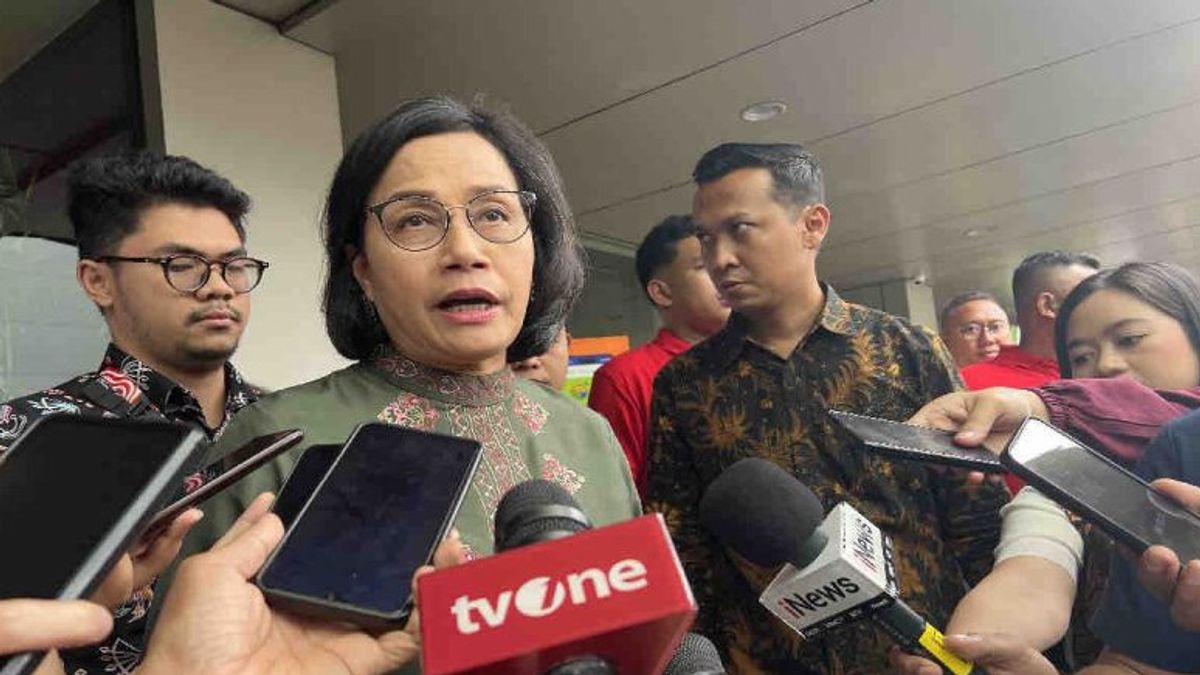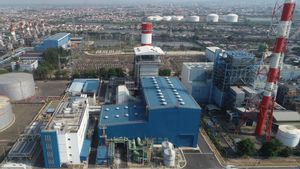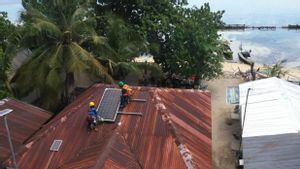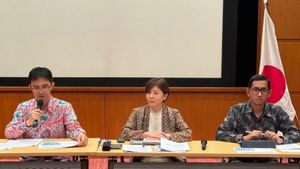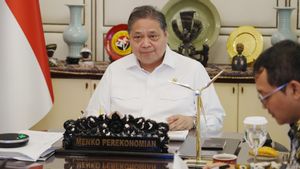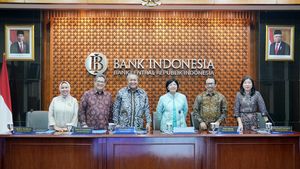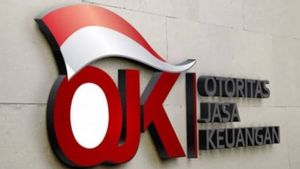JAKARTA - Carbon tax regulations are being prepared as an effort by the government to reduce carbon emissions and support environmental sustainability in Indonesia. This was revealed by the Minister of Finance (Menkeu) Sri Mulyani Indrawati.
"(We are preparing the implementation of the carbon tax) to continue building blocks, in terms of regulations and regulations," Sri Mulyani said on the sidelines of attending the Indonesia Net-Zero Summit (INZS) in Jakarta, as reported by ANTARA, Saturday, August 24.
Sri Mulyani explained that the preparation for the carbon tax includes various aspects, including regulations, regulations, and economic and industrial readiness so that if the policy is implemented it can run effectively.
"Preparations regarding, readiness from an economic and industrial perspective," he said.
He also highlighted that the current carbon market mechanism is an important first step in controlling emissions. The system is a tool to assess and limit carbon emissions, which will support future emission reduction commitments.
"But now there is a carbon market to cap and trade. I think it is also a mechanism that can continue to be accelerated to be able to create a commitment to how much emissions must be controlled," said the Minister of Finance.
However, the Minister of Finance did not provide definite details regarding when the carbon tax would be officially implemented.
SEE ALSO:
Previously, Deputy III for Business Development & BUMN Research and Innovation at the Coordinating Ministry for the Economy, Elen Setiadi, said that later there would be two phases of implementing the carbon tax in accordance with the roadmap design.
However, it is not yet known when this policy will begin to be implemented. For the first phase, a carbon tax is proposed only for the power generation sub-sector.
"The government is implementing discussions on the carbon tax roadmap where in the early stages the carbon tax roadmap is proposed to be sufficient to regulate the application of a carbon tax for power generation sub-sectors to support and adapt to the existing carbon trading roadmap," said Elen when delivering his remarks in a webinar entitled Trade and Carbon Exchange in Indonesia 2024 in Jakarta, Tuesday (23/7).
Then for the second phase, Elen explained that there would be an addition to the imposition of a carbon tax for transportation sub-sectors that use fossil fuels.
"The recognition of these two sub-sectors is expected to cover about 71 percent of the total emissions from the energy sector, namely 48 percent of the (electric) power plant and 23 percent of the transportation or about 39 percent of the total Indonesian emissions," he said.
In accordance with the mandate of the Law (UU) on Harmonization of Tax Regulations (HPP), the Government is currently preparing a roadmap for the carbon tax policy as a commitment to suppress greenhouse gas (GHG) emissions and achieve the zero carbon emission target (net zero emissions/NZE) by 2060.
According to Elen, the long-term implementation of the green economy can stabilize Indonesia's economic growth at an average level of 6.2 percent until 2045.
In addition, the transition to a green economy is also considered to reduce emissions by 86 million tons of equivalent CO2 to create 4.4 million new jobs.
"This government work will achieve better results if it gets support from the private sector, academics, civil society and the media," said Elen.
As for September 26, the Government has inaugurated the carbon exchange as another strategy to achieve the carbon zero emission target.
The transaction value of the carbon exchange in Indonesia was recorded at IDR 36.7 billion since its initial launch until June 30, 2024. The volume of trade transactions on carbon exchanges was also recorded at 608 thousand tons of equivalent CO2.
The English, Chinese, Japanese, Arabic, and French versions are automatically generated by the AI. So there may still be inaccuracies in translating, please always see Indonesian as our main language. (system supported by DigitalSiber.id)
